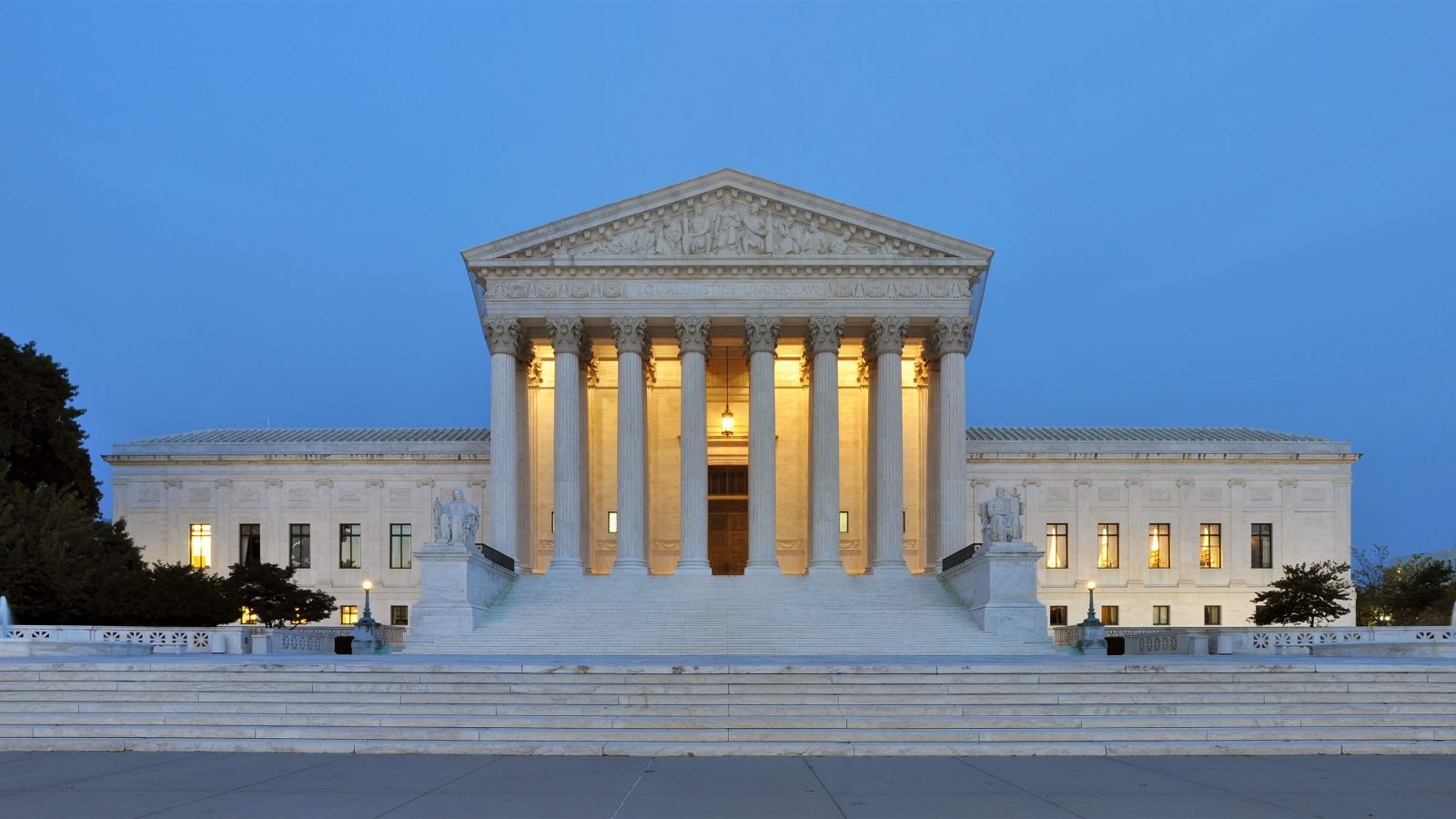Those in the liberty movement have won a major victory that could potentially reign in big government.
On Thursday, the House of Representatives voted to pass the Separation of Powers Restoration Act (SOPRA) along a 220-211 margin.
SOPRA undoes a decades-old SCOTUS ruling set in Chevron U.S.A., Inc. v. Natural Resources Defense Council, Inc.
The act will purportedly aim at taking away sweeping authority from unregulated federal agencies and handing that power over to Congress.
In other words, a power transfer from the Executive Branch to Congress.
If this becomes law, it will be a big step in limiting the destructive power of the Biden administration.
“Government works best when it can be held accountable.”
The US House approved the Separation of Powers Restoration Act, which could significantly shift federal regulatory authority away from the executive branch to Congress. https://t.co/3BFoO4e2iW
— The Epoch Times (@EpochTimes) June 15, 2023
Rep. Harriet Hageman states “SOPRA will help restore the Constitutional separation of powers, reclaiming the courts’ role as the branch that interprets the law and Congress’ role as the branch that makes the law.”
SOPRA will help restore the Constitutional separation of powers, reclaiming the courts’ role as the branch that interprets the law and Congress’ role as the branch that makes the law. pic.twitter.com/uiM6rNQgtU
— Rep. Harriet Hageman (@RepHageman) June 15, 2023
Fox News reports:
The lawmaker who sponsored SOPRA, Rep. Scott Fitzgerald, R-Wis., argued on the House floor Thursday that the Supreme Court ruling has given the executive branch vast authority to regulate as it pleases, and often in ways that contradict the intent of Congress.
“Since 1984, when the Supreme Court ruled that courts must defer to an agency’s interpretation of an ambiguous statute rather than what Congress intended, the executive branch has begun usurping the legislative branch to issue regulations with the force of law,” Fitzgerald said.
“It is certainly not what our founders intended.”
Congressman John Rose had this to say about the legislation:
“The Constitution is clear: the people’s elected representatives, Congress, have the power to legislate, and the courts have judicial authority. The Separation of Powers Restoration Act reaffirms those roles and holds rogue federal agencies accountable.”
The Constitution is clear: the people’s elected representatives, Congress, have the power to legislate, and the courts have judicial authority.
The Separation of Powers Restoration Act reaffirms those roles and holds rogue federal agencies accountable. pic.twitter.com/MBSRGAaOMP
— Congressman John Rose (@RepJohnRose) June 15, 2023
This week, we passed legislation to rein in Biden’s big government.
✔️The REINS Act
✔️Gas Stove Protection & Freedom Act
✔️Save Our Gas Stoves Act
✔️The Separation of Powers Restoration Act@HouseGOP refuses to let the Biden Administration tell Americans how to live.— Speaker Mike Johnson (@SpeakerJohnson) June 15, 2023
Conservative Brief mentioned the economic impact of federal regulations:
“The total annual cost of regulation is almost $2 trillion, or about 8% of the U.S. GDP,” he added.
“If it were a country, for comparison, U.S. regulation would be the world’s eighth largest economy.”



Join the conversation!
Please share your thoughts about this article below. We value your opinions, and would love to see you add to the discussion!